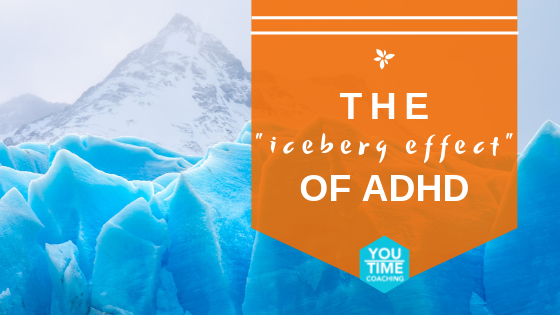
#Adhd iceberg infographic pdf pdf#
This two page PDF is a helpful summary of the approaches outlined on this page. approaching behaviour that challenges – also see understanding behaviours.supporting social interaction & communication.being cautious with rewards/praise/sanctions.There is no wrong or right way to do things, it’s about learning as much as you can about PDA, finding out what works best for you and your child and building a framework of approaches. Helpful approaches with PDA – children IntroductionĪutism and the PDA profile are dimensional – this means that approaches need to be tailored for each individual child, applied flexibly and reviewed regularly. Courses & events for social care professionals.Courses & events for healthcare professionals.Courses & events for education professionals.Benefits of understanding a PDA profile.Then in 2003 Alex combined pictures of the ocean and sky to create our colorful 11 X 17 ADHD Iceberg in its current format.

Background: My son Alex Zeigler and I created the original black and white ADD/ADHD Iceberg in 1998. This information will help in the development of an intervention plan. Blank Iceberg Worksheet (click to download): Parents and professionals may find it helpful to review the challenges listed on the Iceberg then fill in the Iceberg blanks with specific challenges unique to each child. So a more accurate title for the Iceberg would be The ADHD/EFD Iceberg. Where Do Executive Function Deficits Fit in the Iceberg? To tell the truth, most of the challenges shown hidden beneath the surface are related to either ADHD delayed brain maturity or deficits in executive functions. Consequently, adults may not recognize that losing things, not completing homework, being forgetful, being late, and having difficulty memorizing information are all part of the ADHD characteristics “hidden beneath the surface”. Japanese: Yuri Tachi, a classroom teacher of children with special needs and a family friend, Yokohama.Ī Picture is Indeed Worth a Thousand Words: Just like an iceberg, most of the ADHD challenges are "hidden beneath the surface" and only the tip of the problem is visible! Frequently, teachers and parents only see the obvious tip of the Iceberg first, for example, not paying attention, being distractible, and for some being hyperactive. Greek: Christina Georgiadou, President ADHD Hellas, Secretary ADHD Europe, Athens, Greece Vietnamese: Duong Khoa, MD Ho Chi Minh City (connected with Dr. Khoa on FB within 24 hours thanks to Kevin Roberts, via his friend Andrew Doan, MD)Īrabic: Dr. Portuguese: Catarina Amara, Child & adolescent psychiatry trainee and Andre Carvalho, ADHD Portugal, SPDA Spanish: Jose Carlos Marin, Elena Díaz de Guereñu, M.D., Anna lopez Y Campoy, (President): TDAHSpain Vitoria-Gasteiz, Pais Vasco, Spain Sabadell, Spainįrench (Canada): Marie-France Maisonneuve, Special Education Teacher Quebecįrench (France): Herve Caci, MD, Child & Adolescent Psychiatrist, specializing in ADHD, TDAH-PACA Nice, France I love that each Iceberg format is unique! Keep in mind that some English words are difficult to translate, so if the wording on the Iceberg is unclear or confusing, discuss the issue with a local professional. Translators: A special thank you to each of the professionals who volunteered to translate the Icebergs. If you share with others, please share the credit with the individual translator, Alex and me.

#Adhd iceberg infographic pdf download#
As our gift to you, you may download any of these Icebergs free of charge.

In addition to our English version, the Iceberg has been translated into eight different foreign languages: Spanish, French, Portuguese, Arabic, Vietnamese, Japanese, Greek, and Korean (coming soon).


 0 kommentar(er)
0 kommentar(er)
